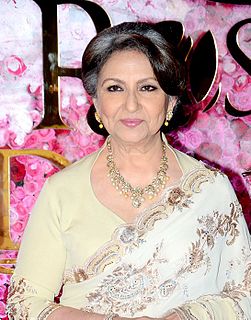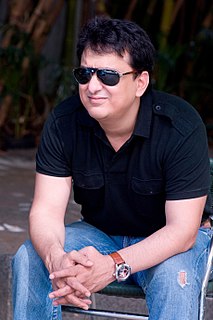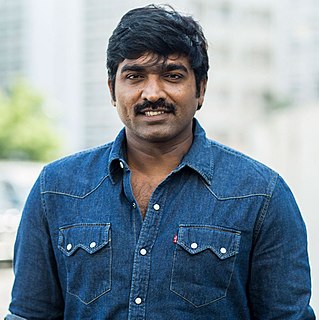A Quote by Sonia Braga
It always surprises me when I see the director's versions of films released separately, long after the film's theatrical run.
Related Quotes
In an old model, the way a film would imprint itself on the public's consciousness is to get a theatrical run. But now there are more documentaries and more films in general being released than ever before. There are weeks when the New York Times is reviewing 15 films, so it's harder to leave an impression on the public. A lot of these films are seeing their financial future on digital platforms. Because viewers aren't hearing as much about films in theatrical release, I think the festival circuit is going to have increasing importance for the life of a film.
When I started, every film got a full theatrical distribution. Today, almost no low budget films, maybe two or three a year, will get a full theatrical distribution. We've been frozen out of that, which means they must be aware that for a full theatrical distribution it either has to be something like Saw or some exploitation film of today or an extremely well made personal film.
I have no reason as a director to have films go up in versions that I don't like. My only experience of film after ten years is honestly that if a picture doesn't get second-guessed you're looking at four Oscars, and if a picture does get second-guessed, you're not. I've got an advanced degree in that lesson.
After I read the story of 'Dangal' and before the film released, I called director Nitish Tiwari asking him if he had any good script. He told me to wait for some time. So we had three-four sittings, and this film, 'Chhichhore,' came to him. The film did not have superstars, but I felt that this is the script that needs to be told.
When 'Pizza' released, I was a nobody. Initially, we managed to get only 100 screens. But, after its success, the producers of 'Naduvula Konjam Pakkatha Kaanom' got 150 screens and also released the film in the U.S. Now, distributors are keen to invest in my films because they feel I have face value.
My tutor was a film director on the side, and she introduced me to film. She then put me in one of her short films, and it came out of that. That's when I fell in love with the process of making a film. After that, I was about 15 and I was like, "This is what I've gotta do." So, I started taking acting lessons, and then I applied to college to do acting. I got an agent, and it all just happened.
I enjoy the making of the film and it's something for me to do. If nobody ever comes to my films, if people don't want to give me money to make films, that will stop me. But as long as people come all over the world and I have an audience and I have ideas for films, I will do them for as long as I enjoy the process. And I like the whole process of making a film.


































